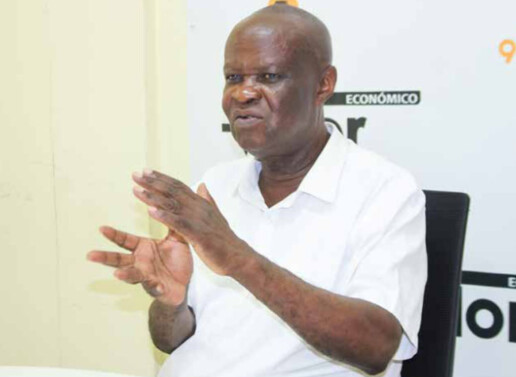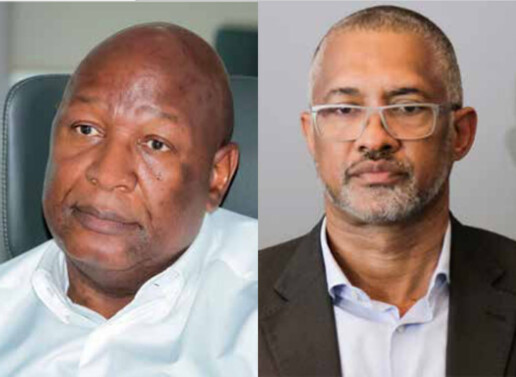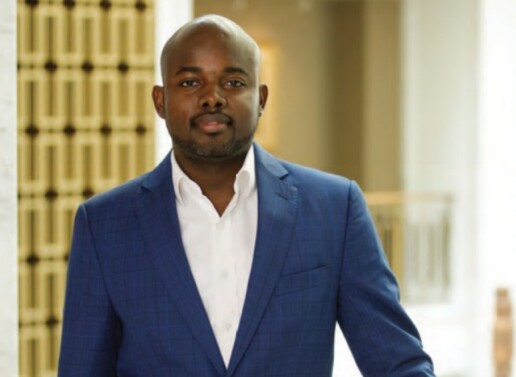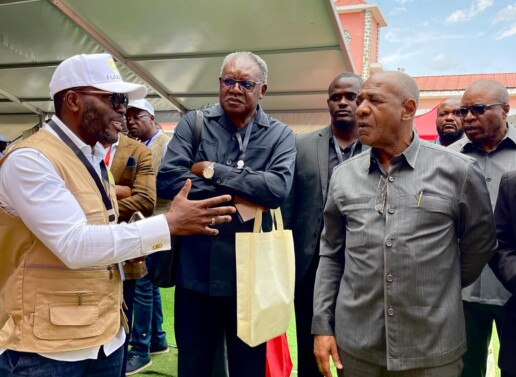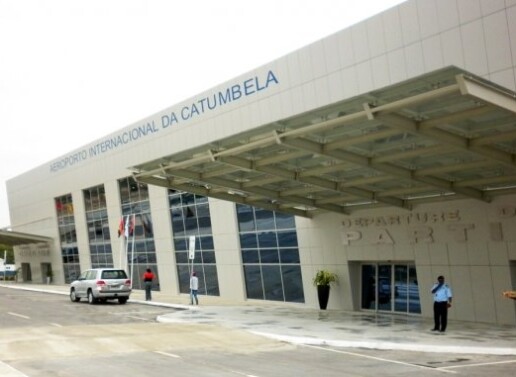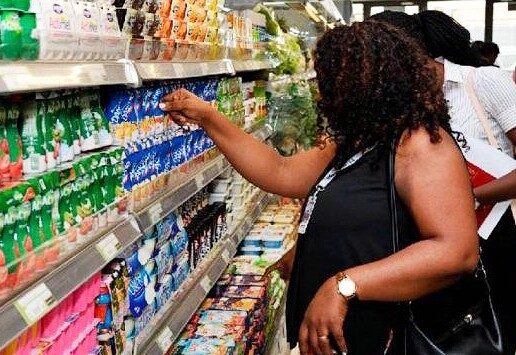“As long as we remain on parallel lines even in the noblest affairs of the State, we will never enjoy the benefits of our Independence and will always gravitate towards our social misery,” says the president of CEAST.
The bishops of the Episcopal Conference of Angola and São Tomé (CEAST) stated this Monday, the 24th, in Luanda, that the recent “financial scandals” in the public administration sector and the high level of economic inequality in Angola create a climate of distrust, uncertainty, and discomfort, revealing a severe crisis of ethics and patriotism.
This concern is part of the final communiqué of the 2025 First Annual Plenary Assembly, presented by CEAST president, Dom Manuel Imbamba.
The Metropolitan Archbishop of Saurimo also pointed out that the bishops are deeply concerned about certain phenomena present in Angolan society, which are causing significant damage within families. Political speeches, he noted, fail to inspire, motivate, or galvanize, as they continue to hold the people hostage to the past.
“They insist on fueling hatred, division, exclusion, the politicization of history, and ideological and political stagnation. As long as we remain on parallel lines even in the noblest affairs of the State, we will never enjoy the benefits of our Independence and will always gravitate towards our human, social, political, economic, religious, and cultural misery,” the bishops emphasized.
Therefore, Dom Manuel Imbamba argues that it is necessary to rediscover and reinvent the essence of politics so that it always serves the interests of the common good and the happiness of citizens.
Adding to this, the prelate highlighted the high levels of economic inequality, with a growing gap between the richest—whose numbers are progressively decreasing—and the poorest—whose numbers continue to rise.
“The high number of children out of the education system, especially among the poorest communities, the increasingly alarming unemployment rates, and the decline in the humanization of services and their agents, as well as food insecurity,” he lamented.
Forbes África Lusofona , 24/02/2025

